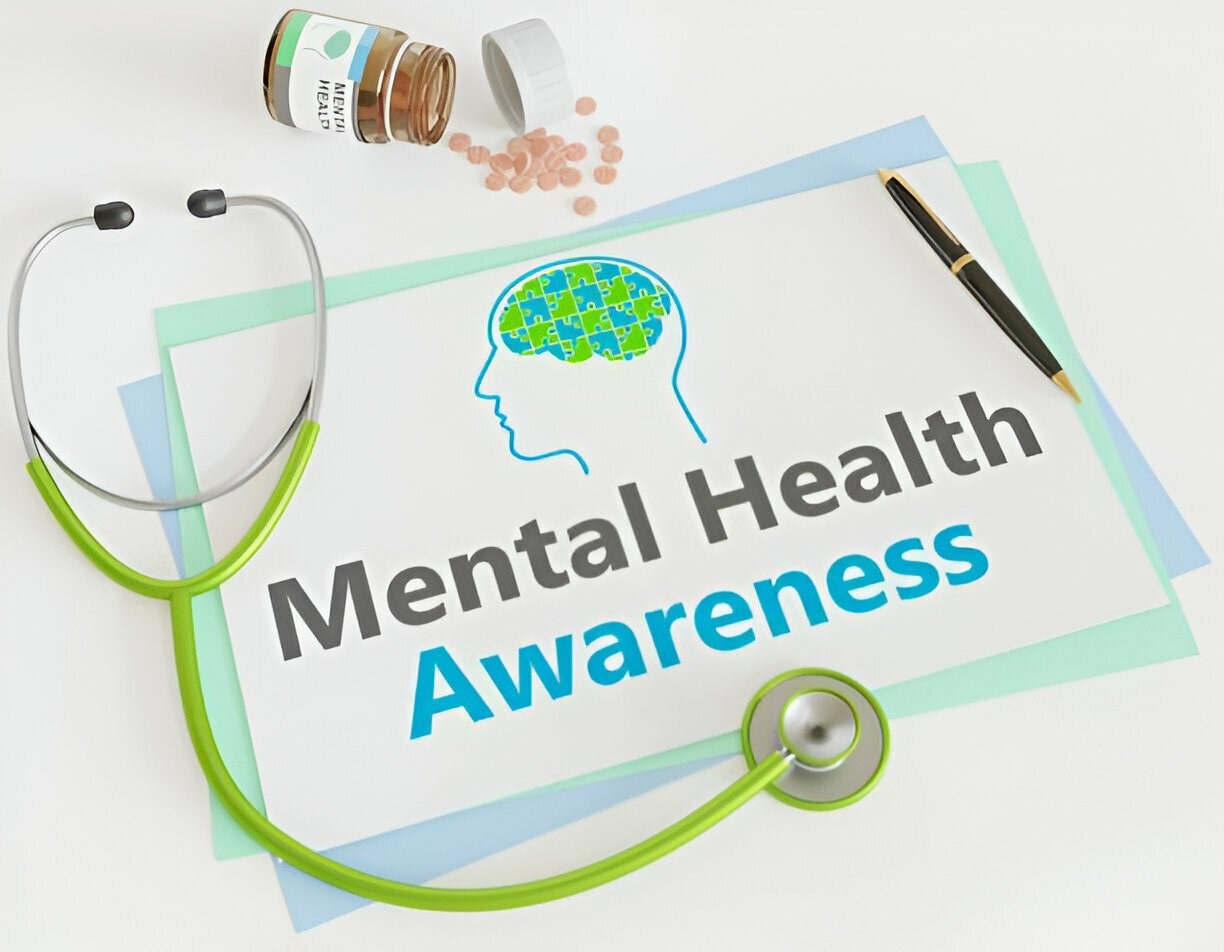-
youroptionhealth@gmail.com Email Now
-
(813)935-9641 Call Now !
- Get A Quote
In today’s world, mental health is finally receiving the recognition and attention it deserves. Yet, for many individuals, accessing quality mental health care remains a challenge. Fortunately, Medicaid plays a crucial role in bridging this gap, ensuring that those in need can receive the support and treatment they deserve. Let’s delve into the importance of Medicaid in accessing mental health care and how it can make a significant difference in people’s lives.

One of the most significant benefits of Medicaid is its affordability. For individuals and families facing financial hardships, Medicaid provides a lifeline by covering the costs of mental health services. This means that those who may not be able to afford treatment out of pocket can still access essential care without worrying about the financial burden.
Medicaid offers comprehensive coverage for a wide range of mental health services, including therapy, counseling, psychiatric evaluations, and medication management. This ensures that individuals receive holistic care tailored to their unique needs, promoting better outcomes and overall well-being.
For Medicare recipients who require mental health support, Medicaid can be invaluable. Medicaid covers home health care services for Medicare recipients, including mental health services provided in the comfort of their own homes. This not only improves accessibility but also promotes independence and dignity for those receiving care.
Many people face barriers when seeking mental health care, such as stigma, lack of resources, and logistical challenges. Medicaid helps break down these barriers by providing access to a network of qualified providers and supporting services. This makes it easier for individuals to seek help and get the support they need to thrive.
Mental health disparities disproportionately affect marginalized communities, including low-income individuals and people of color. Medicaid plays a vital role in addressing these disparities by ensuring that all individuals, regardless of their socioeconomic status or background, have access to quality mental health care.
Early intervention is key to addressing mental health concerns before they escalate into more serious problems. Medicaid supports preventative care initiatives and early intervention programs, allowing individuals to access treatment at the earliest signs of distress. By catching issues early, Medicaid helps prevent the need for more intensive and costly interventions down the line.
Mental health is intrinsically linked to overall health and well-being. By ensuring access to mental health care, Medicaid promotes not only psychological wellness but also physical health. When individuals receive the support they need to manage their mental health, they are better equipped to lead fulfilling and productive lives.
Medicaid plays a vital role in ensuring that individuals have access to the mental health care they need to thrive. With its affordability, comprehensive coverage, and focus on breaking down barriers, Medicaid is instrumental in addressing mental health disparities and promoting overall well-being. At Your Insurance Options, we understand the importance of finding the best Medicaid plan for mental health care. We are committed to helping individuals navigate their options and find coverage that meets their needs. Contact us today to learn more about how we can assist you in accessing quality mental health care through Medicaid.
You are important to us. Use this space to leave your e-mail and register.